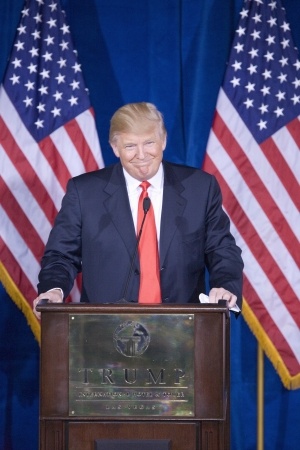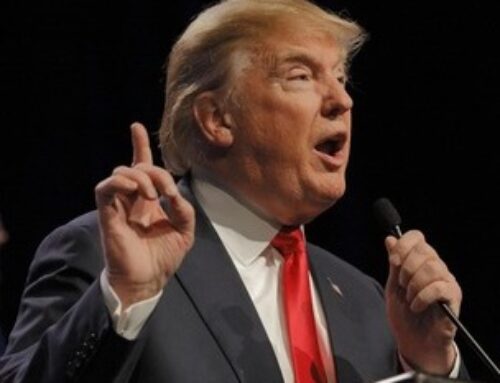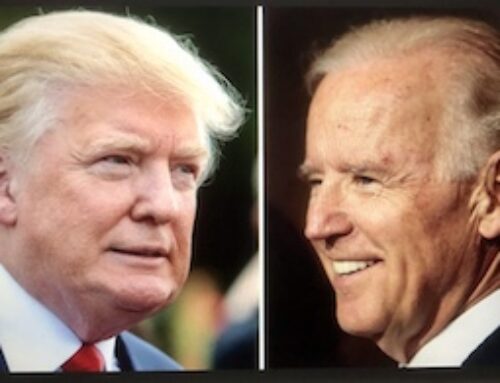 Throughout Election Day I suffered from what might be termed anticipatory depression. I dreaded that the outcome shamefully engineered by the mainstream media and carelessly prophesied by most pollsters—the election of Hillary Rodham Clinton—would come to pass.
Throughout Election Day I suffered from what might be termed anticipatory depression. I dreaded that the outcome shamefully engineered by the mainstream media and carelessly prophesied by most pollsters—the election of Hillary Rodham Clinton—would come to pass.
I told myself that the voters would surely see through the incessant demonization of Trump and the absurd depiction of Hillary as America’s last best hope. Yet I was not sure they would do so.
I was not demeaning the voters but only acknowledging that propaganda can be powerful and the American people have been bombarded with liberal propaganda for decades. At least two generations have been taught that Republicans are eager to starve the poor, deny health care to the sick, and (as one ridiculous commercial visualized) push Granny off a cliff. In addition, conservatives have been depicted as Neanderthals, and TEA Party members as extremists for making the perfectly reasonable claim that we have all been “taxed enough already.”
Given such anti-Republican propaganda, my dread was understandable. But then, mirabile dictu, Donald Trump won!
Many credible reasons are being proposed for that surprising outcome. One is that the polls failed to include, or underweighted, key groups of voters. Another is that many Trump supporters lied to the pollsters to avoid being ridiculed for their allegiance. A third is that the revelations in the Clinton emails about her questionable conduct caused independents to reject her late in the campaign.
In any case, the 2016 election will be remembered as one of the nastiest in the nation’s history. It caused incalculable animosity and resentment, in many cases turning sibling against sibling, friend against friend, and community against community. Much of this ill will is attributable to the candidates’ intemperate attacks, first on their primary opponents and then on each other.
Yet the mainstream media bear more responsibility than either candidate for the acrimony that swept the country. Their biased and inflammatory reporting fostered hatred of Trump and fear of how he would conduct his office if elected. Simply said, the mainstream media created the impression that if Trump were to win, there would be no hope for America. That notion created a sense of desperation that has led people to riot in a number of cities around the country, assaulting Trump voters, attacking police, burning American flags and effigies of Trump, threatening revolution, and in at least one case calling for an assassination. (The Sun posted a large gallery of photos documenting the mayhem.)
A number of Democrats and Republicans have called for acrimony to end and healing to begin. This is a laudable goal, but it will only be meaningful if the following truths are restored to prominence in American culture.
All ideas are not equal. Some are more reasonable, practical, and/or wiser than others.
Ideas exist independently of the people who hold them. It is therefore possible to question a person’s ideas without offending the person; in other words to disagree without being disagreeable.
The only way to resolve disagreements about ideas is to listen to the competing arguments and evaluate the quality and quantity of the evidence offered in support of them.
Sometimes, the other person’s idea is better than our own. Admitting this unpleasant reality can be difficult but the reward for doing so is increased knowledge and understanding.
The American political system can operate effectively only if Americans exercise self-control, resist the mob mentality, and show respect for others.
The responsibility of restoring these truths falls on all Americans but especially on the individuals in the communications media because their words, and the attitudes they convey, have the greatest impact on our culture. For healing to occur in America, the media will need to behave more responsibly in the future than they did during the 2016 presidential campaign.
Copyright © 2016 by Vincent Ryan Ruggiero. All rights reserved

